Rechargeable Zinc-Air Battery Company Approved to Receive $6.8M in Loans and Tax Credits from the State of Oregon and City of Portland
Green Car Congress
AUGUST 27, 2010
ReVolt Technology, LLC, a company that is developing rechargeable zinc-air batteries ( earlier post ), has been approved to receive a package of loans and tax credits from Oregon and Portland authorities totaling approximately $6.8





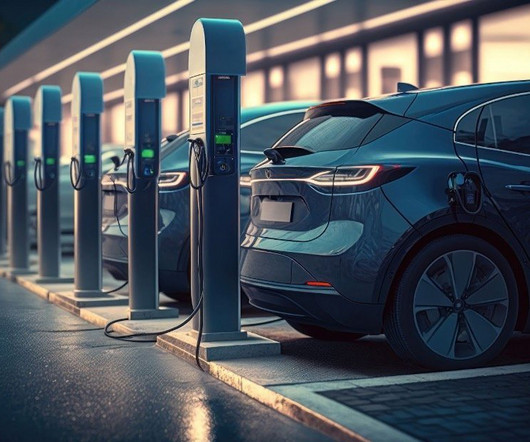
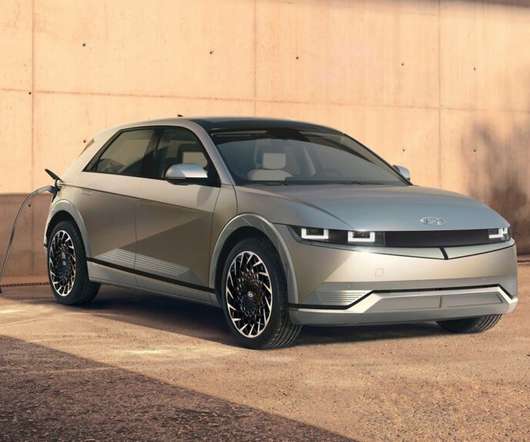

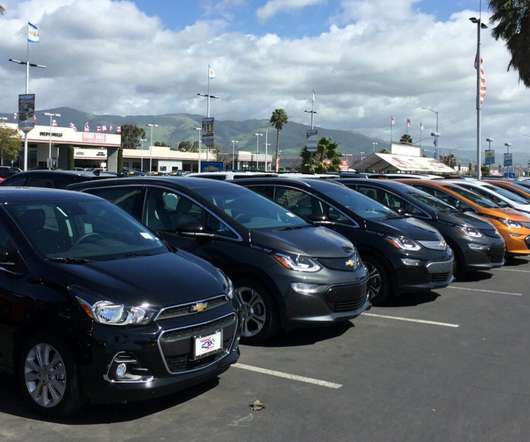
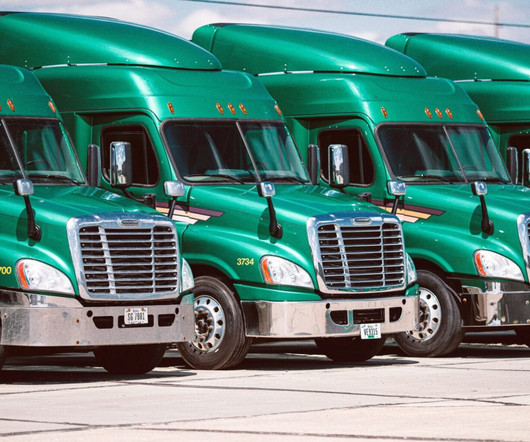






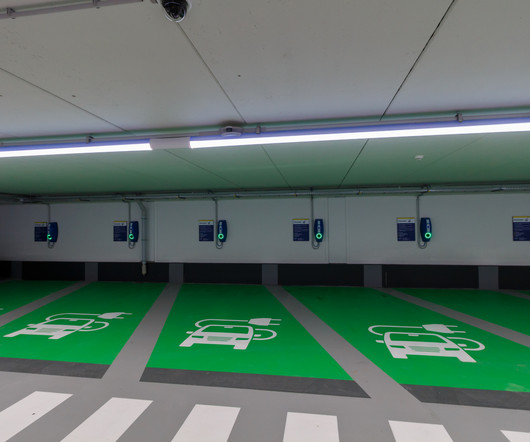















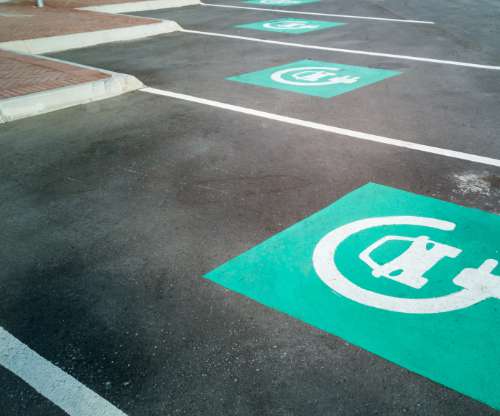










Let's personalize your content